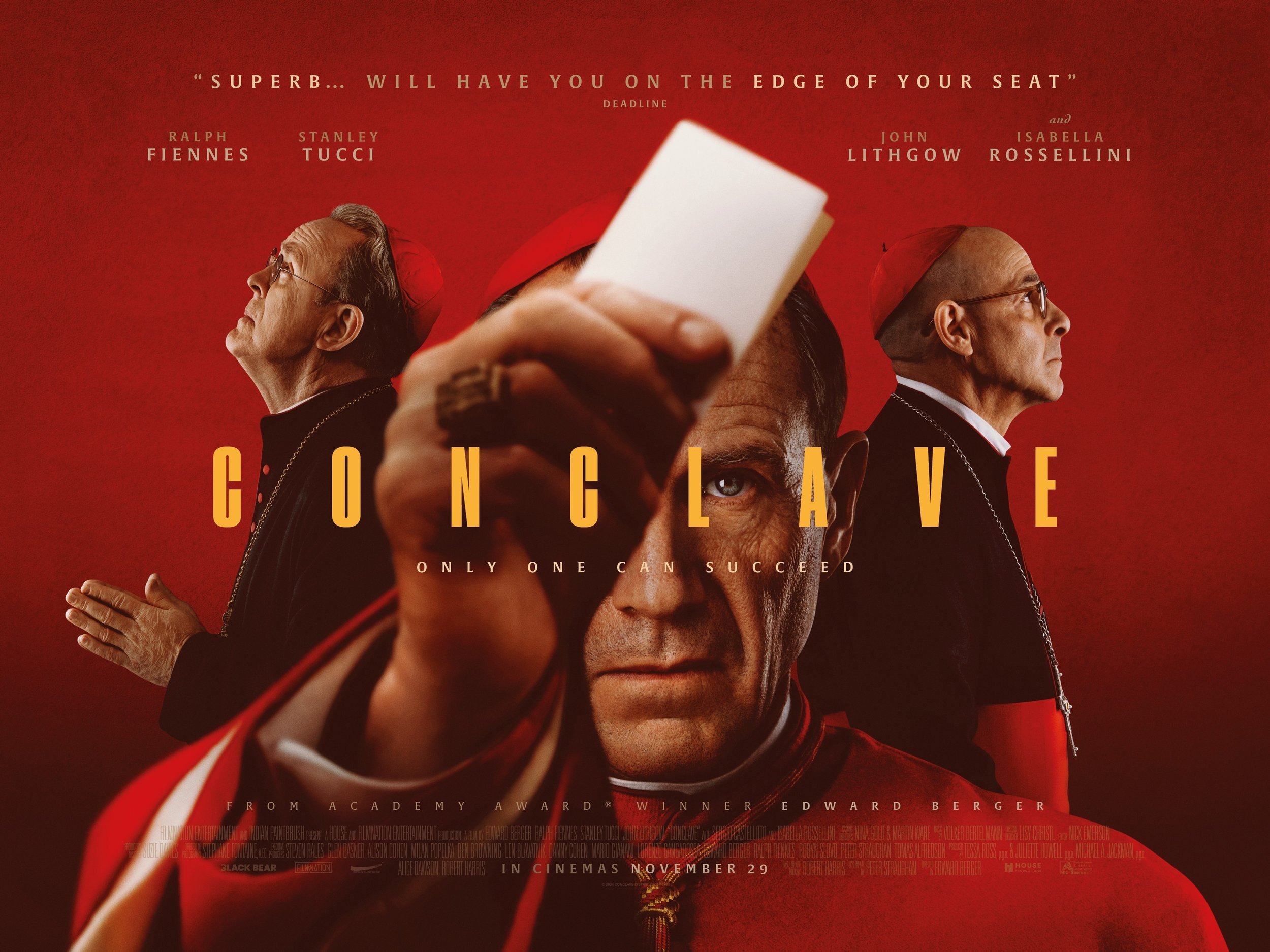Hustlers

Although Hustlers originally arrived in cinemas with little fanfare, this true-life crime drama is a gripping, and often blackly-comic, tale of female friendship and the American dream, carried by a career-high performance from Jennifer Lopez.
Premise: In 2014, a journalist (Julia Styles) interviews ex-stripper Destiny (Constance Wu) about her life working at a strip club in New York in the late-2000s, how she fell in with veteran stripper Ramona (Jennifer Lopez), and the dark turn their lives took after the banking crisis of 2008.
Review:
On a superficial level, Hustlers feels a little bit like an amalgam of various different movies. For example, the tale of a narrator (in this case, novice stripper Destiny, played by Constance Wu) who falls under the spell of an enigmatic authority figure, who personifies empowerment and a better life, is a common theme in many gangster movies, from Goodfellas to The Irishman. Equally, the tale of decadence and excess earned from initially immoral, and then illegal, activities is reminiscent of films like The Wolf of Wall Street. Yet somehow, writer/director Lorene Scafaria finds a way to craft these familiar themes into a tale that feels fresh and original, and surprisingly (considering it’s set over a decade ago) one that also feels worryingly topical and current.
And while Lorene Scafaria is clearly the driving force behind the camera, the film is carried onscreen by a career-high performance from Jennifer Lopez. Until now, I always considered Jennifer Lopez’s best acting performance to be in the excellent Out of Sight (which is one of my all-time favourite films), but I felt that subsequently, she never quite lived up to the potential she’d shown as an actress in that 1998 film. That is, until now.
“…Jennifer Lopez brings layers of complexity to Ramona & the central relationship with Destiny…”
Jennifer Lopez’s Ramona commands attention whenever she’s onscreen, but not just in an obvious way (i.e. when she’s on stage in the impressively choreography performances). When she enters a room, everyone turns and looks, and when she arrives in the strip club’s dressing room, all the other performers stop and listen to what she has to say. She is the undisputed leader of the pack, not because she is loud or forceful, but because she exudes power and confidence from every pore. It’s easy to see why wide-eyed newbie Destiny falls under Ramona’s spell.
And yet … the skill of Lopez’s performance is that as confident as Ramona’s façade is, the audience is allowed to see that it is as façade. Ramona has been hurt in the past, but has hardened herself against the world and adopted a “do unto them before they do unto you” philosophy. She can be kind and generous, but she can be callous and amoral. She can be the most loyal friend you could ever wish for, but she can also be the devil on your shoulder you definitely need to ignore. Jennifer Lopez brings so many layers of complexity to Ramona, and by extension to the central relationship between Ramona and Destiny, that the film wouldn’t have half the power that it has without her performance.
“…life is not that black & white, and neither is this film…”
That’s not to say that the rest of the cast isn’t really good; Constance Wu is the audience’ proxy during the whole story, and helps us to become emotionally complicit in the increasingly immoral behaviour. Keke Palmer and Lili Reinhart are also able to flesh out their roles as Mercedes and Annabelle, the other strippers who initially become involved in Ramona’s schemes, while Madeline Brewer and Julia Styles do a lot with their limited screen-time. Julia Styles is particularly good in the scenes where she is interviewing Destiny in 2014, as their conversations become more than just a framing device when the characters develop a strained relationship of their own, where Destiny is desperate for something (validation? forgiveness?) from the journalist who remains impartial, unbiased and non-judgmental throughout.
I’ve avoided saying too much about the crimes that the women actually commit, as if you don’t know the story already, a lot of tension comes from seeing how matters escalate. Some viewers may feel that even the scenes set before the financial crash walk a fine line in terms of the characters’ morality, but at that stage, no one’s getting hurt and everyone on Wall Street and in New York appears to have plenty of money to throw around. But when the banking crisis hits – largely as a result of what those on Wall Street had been doing in their day jobs in-between lap dances – it has dire repercussions for everyone.
“…what really shines through is the central female friendship between Ramona & Destiny…”
That said, another of the film’s strengths is that it doesn’t give the audience any easy answers, and different viewers may find they’d draw the line between justifiable and unjustifiable behaviour at different places. A lesser film-maker may have attempted to make the women “Robin Hood” types who only stole from the “baddies” – but life is not that black and white, and neither is this film.
Ultimately, what really shines through in this film, and helps to set it apart from other crime dramas that deal with similar themes, is the central female friendship between Ramona and Destiny. They become like family – and like family, their relationship is complex and multi-layered, and they are never just one thing or another to each other. The final scenes with Constance Wu and Jennifer Lopez are particularly powerful ones. Funny, gripping and emotionally poignant, Hustlers certainly reminds us all that Jennifer Lopez is not an actress that should be pigeon-holed as “just a rom-com actress”.






